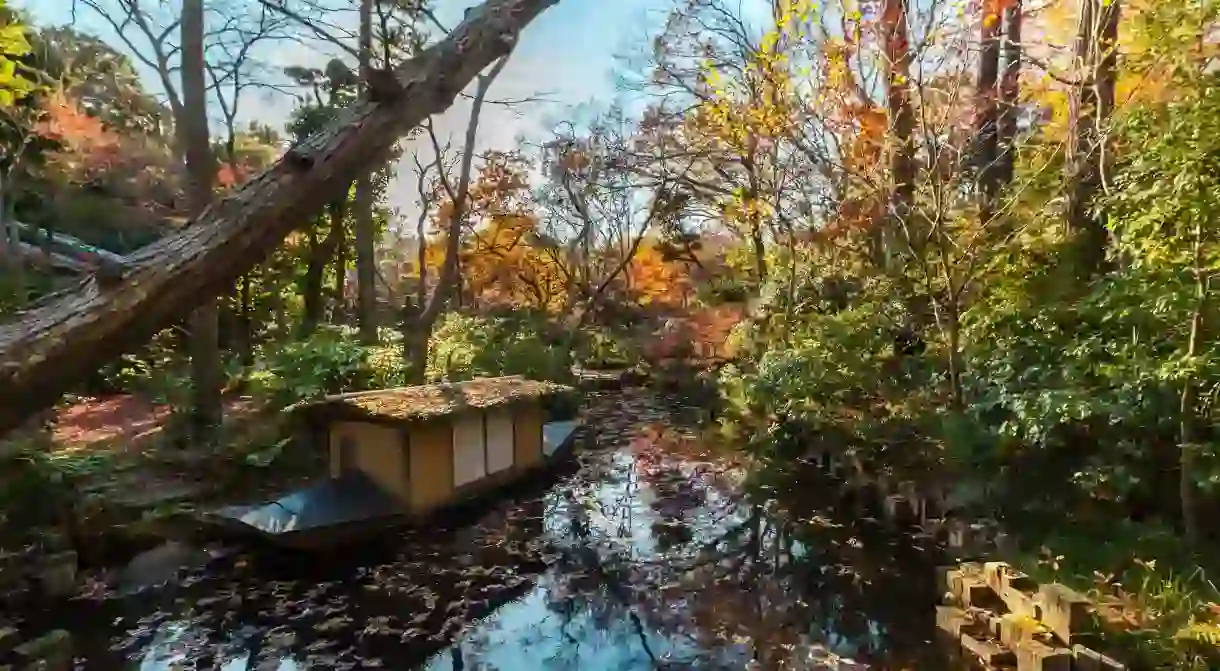Where to Find Traditional Japanese Architecture in Tokyo

Between the skyscrapers of Shinjuku and the ultra-modern architectural wonders of Omotesando, it can be hard to find any trace of the traditional Japanese architecture that once dominated the landscape. Explore some of these pockets of Tokyo’s architectural history, from centuries-old teahouses to antique Japanese homes.
Explore more of Tokyo with these highly recommended tours!
Historical Landmark

From calm temples to neon-lit streets and all points in between, Tokyo is a city of never-ending excitement! Explore the city’s futuristic side, explore historic neighborhoods, or find the best sushi restaurants. There is the ideal tour waiting for you, regardless of your interests in cuisine, culture, or adventure. Discover the enchantment of Tokyo like never before by searching for expert-led experiences online.
Edo Tokyo Open Air Architectural Museum
Museum

Koishikawa Koraku-en
Park

Kawagoe
Market, Park

Kosoan
Tea Room, Tea
Kyu-iwasaki-tei
Botanical Garden, Natural Feature, Park

Nezu Museum
Building, Museum

Hamarikyu Onshi Teien
Park

Want to see more than just the beautiful architecture of Japan?
Historical Landmark

There is so much more to discover in Japan than just its modern skyscrapers and breathtaking temples. Explore lively street markets, unwind in soothing hot springs, or take in the excitement of a sumo battle. Every region of Japan has a tale to tell, from its rich cultural traditions to its stunning natural vistas. Look for professionally guided tours online and explore beyond the architecture for life-changing experiences!












